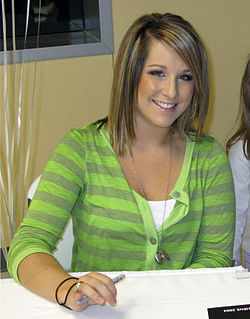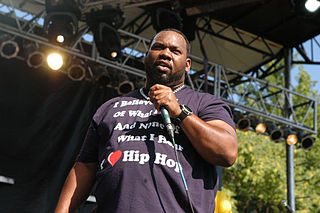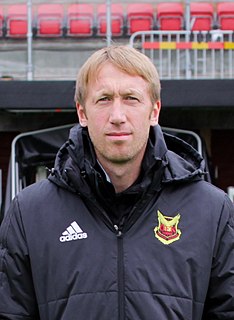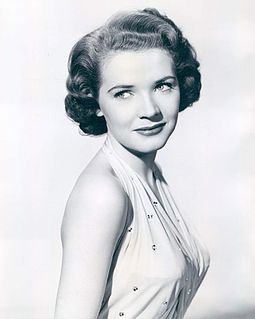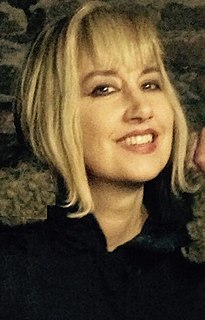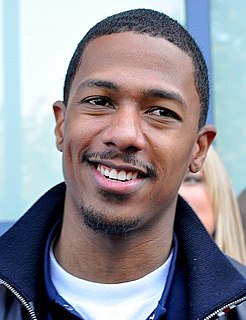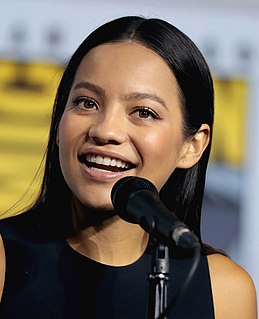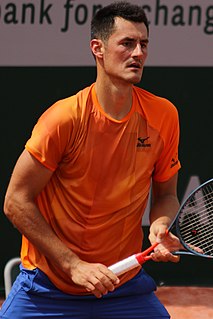A Quote by Carly Patterson
Then after I saw the scoreboard that we were tied, I was really happy, because I really wanted to win.
Related Quotes
But 'Cuban Linx' was a project that really needed to come, and I really wanted to get it off my chest because I know that the fans were really skeptical about it, like 'is this really gonna be what it's supposed to be?' So once everybody caught it for what it was and everybody was happy, that's mission accomplished for me.
I saw the Bangles before I was in a band. I really liked their rhythm. That was right when I was trying to learn how to play guitar. I was really frustrated because I couldn't strum, and then I saw Susannah Hoffs do this cool strum on a song, and it was my goal after that to learn how to do that strum.
In his or her own way, everyone I saw before me looked happy. Whether they were really happy or just looked it, I couldn't tell. But they did look happy on this pleasant early afternoon in late September, and because of that I felt a kind of loneliness new to me, as if I were the only one here who was not truly part of the scene.
Most aspiring child actors or child stars have a passion for it. But as easy as it is for me to say that I wouldn't put my kids in it, if I saw that they really, really wanted to do and they had the drive, then I would fully support it. As long as there's balance at home, then they could do whatever they wanted to do.
But, for the role of Sarah Linden, we saw everybody. Everybody wanted this role. Every female actor in town really wanted to play a real woman and be in this drama. It was incredible that all these women were coming in. And then, Mireille [Enos] walked in the door and she was reading the lines that I had written, and I saw her in that field. I was like, "Wow, she's the one."
After the Dance was my first attempt at nonfiction. I'd never really participated in carnival, and I really wanted to go. It sounded like a wonderfully fun thing to do. And I wanted to write something happy about Haiti, something celebratory. And going to carnival gave me a chance to do that, because it is one of the instances in Haiti when people shed their class separation and come together.
When I was little, I wanted to be a mother, because that's who I saw. I saw my mom caring for me. I didn't play doctor. I didn't play lawyer. I didn't have those visions until I was in college, meeting people who were doing those things. That's why we're trying to encourage moms, teachers, fathers, to be that presence in their children's lives, in their communities, because it really makes a difference.
